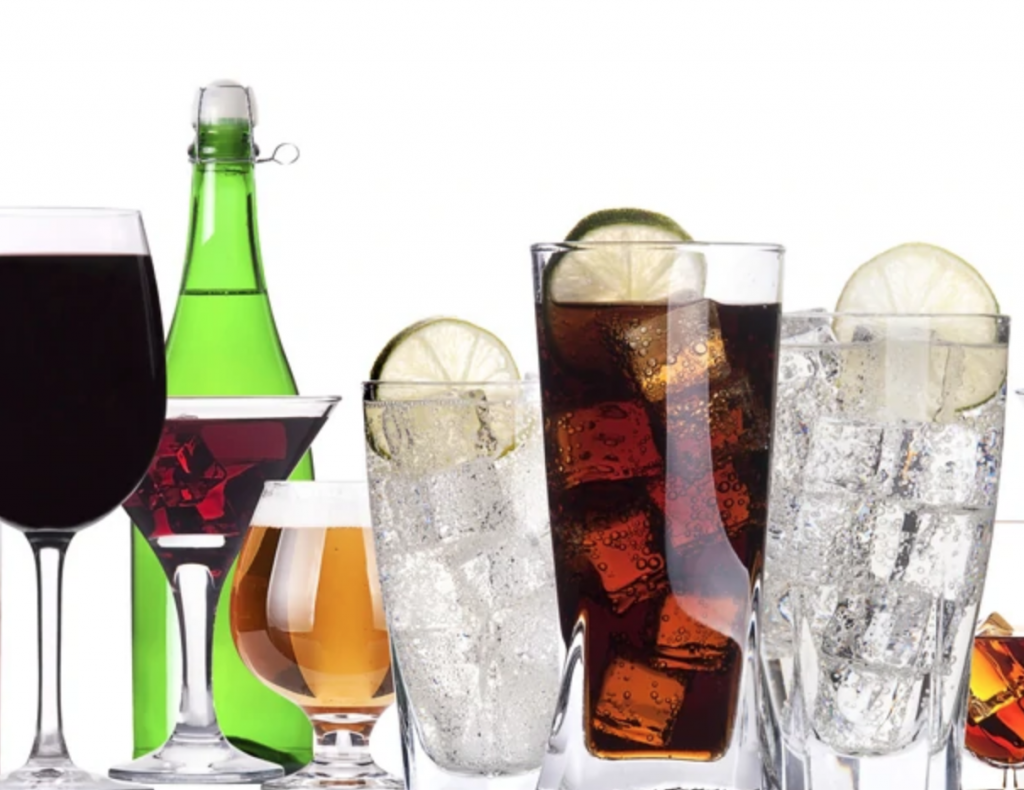
Researchers developed an AI to condense and mimic wine and beer reviews.
Marketing Team Says AI Gives Accurate Reviews of Food Products
Suppose you were searching for a good bottle of wine for dinner and you read this review:
“While the nose is a bit closed, the palate of this off-dry Riesling is chock full of juicy white grapefruit and tangerine flavors. It’s not a deeply concentrated wine, but it’s balanced neatly by a strike of lemon-lime acidity that lingers on the finish.”
Do you decide to try the wine? Do you know who wrote the review? Would it matter?
Reading the description, you can almost feel the cool glass sweating in your hand and taste a burst of citrus on your tongue. But the author of this review never had that experience—because the author was a piece of software.
An interdisciplinary group of researchers developed an artificial intelligence algorithm capable of writing reviews of wine and beer that are largely indistinguishable from those penned by a human critic. The scientists recently released their results in the International Journal of Research in Marketing.
Joanna Thompson wrote this article for scientificamerican.com. It explains that this algorithm might be used on other products besides wine and beer before all is said and done.
The team hopes this program will be able to help beer and wine producers aggregate large numbers of reviews or give human reviewers a template to work from. The researchers say their approach could even be expanded to reviews of other “experiential” products, such as coffee or cars. But some experts warn that this type of application has potential for misuse.
“An online product review has the ability to really change people’s opinion,” notes Ben Zhao, a machine learning and cybersecurity expert at the University of Chicago, who was not involved in the new study. Using this type of software, someone with bad intentions “could completely trash a competitor and destroy their business financially,” Zhao says.
Co-developer Keith Carlson and his co-authors trained their program on a decade’s worth of professional reviews—about 125,000 total—scraped from the magazine Wine Enthusiast. They also used nearly 143,000 beer reviews from the website RateBeer. The algorithm processed these human-written analyses to learn the general structure and style of a review. In order to generate its own reviews, the AI was given specific wine or beer details, such as winery or brewery name, style, alcohol percentage, and price point. Based on these parameters, the AI found existing reviews for that beverage, pulled out the most frequently used adjectives, and used them to write their own description.
It seems a bit of a stretch, even for AI. If you can’t actually taste the product how on earth can you write a review of it? The future for wine lovers just got a little cloudy.
“The model cannot taste wine or beer,” says Praveen Kopalle, a marketing specialist at Dartmouth and a co-author of the study. “It only understands binary 0’s and 1’s.”
This writer, for 1, will rely on my own taste buds to make a wine decision.
read more at scientificamerican.com

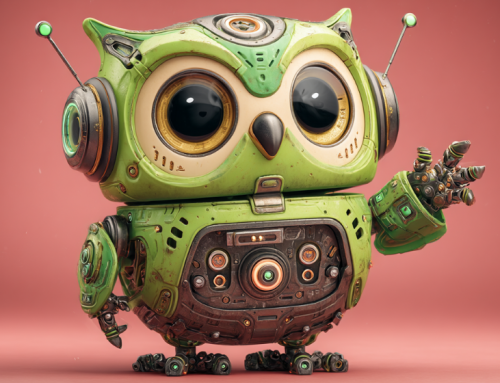

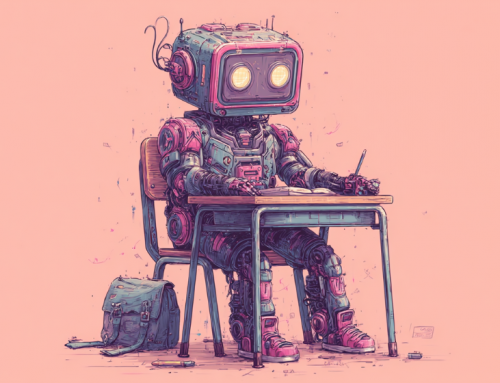
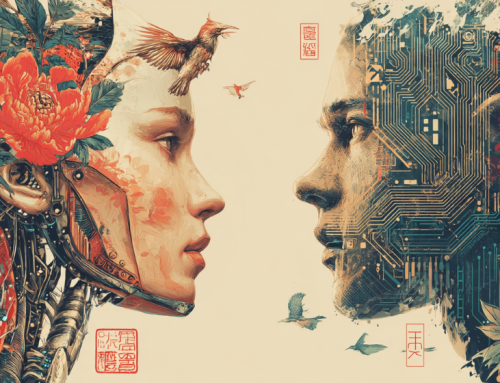
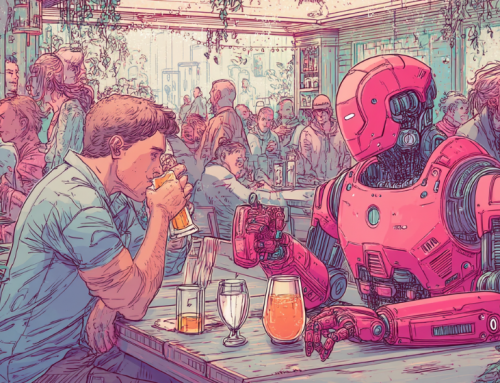

Leave A Comment